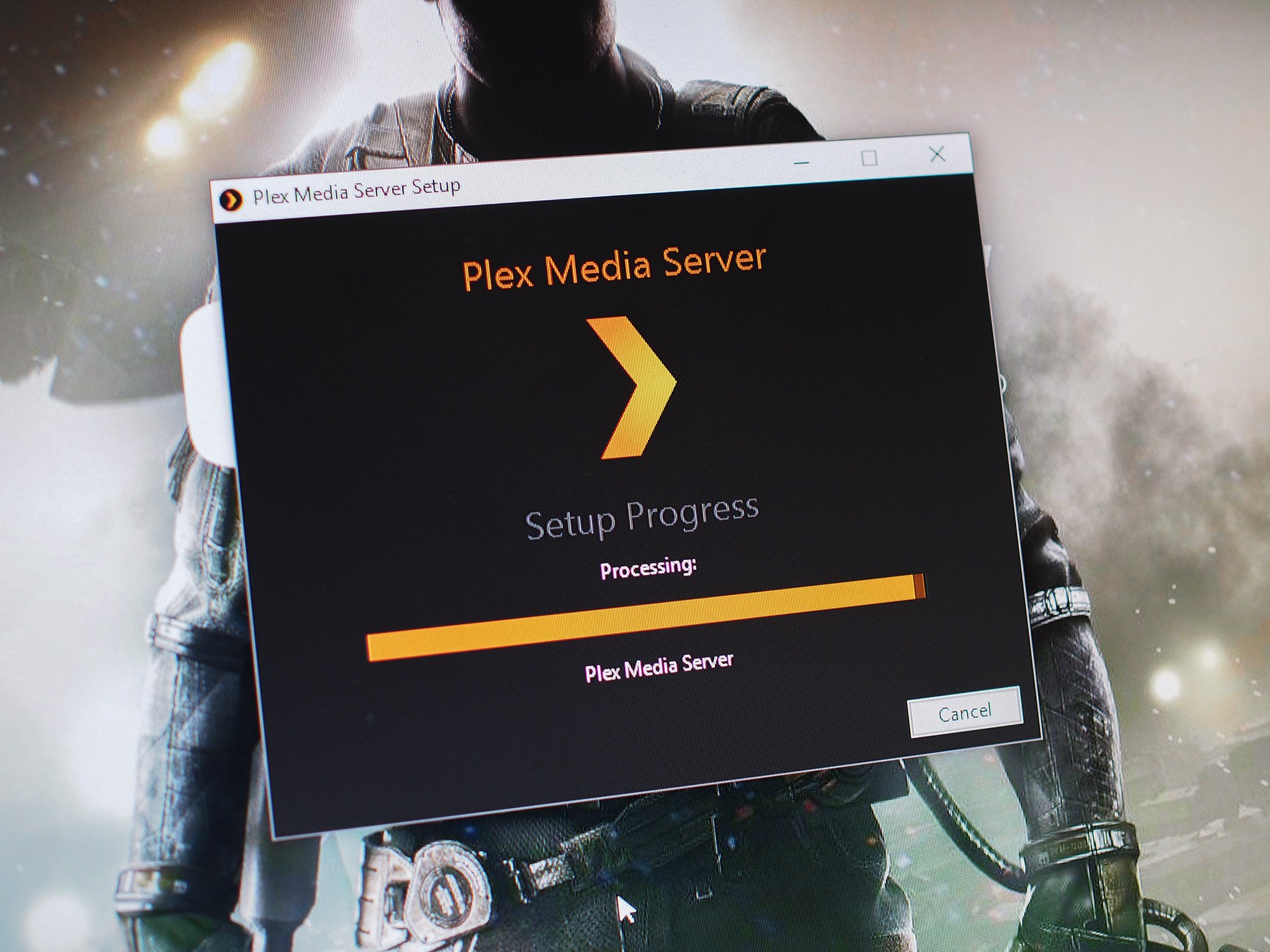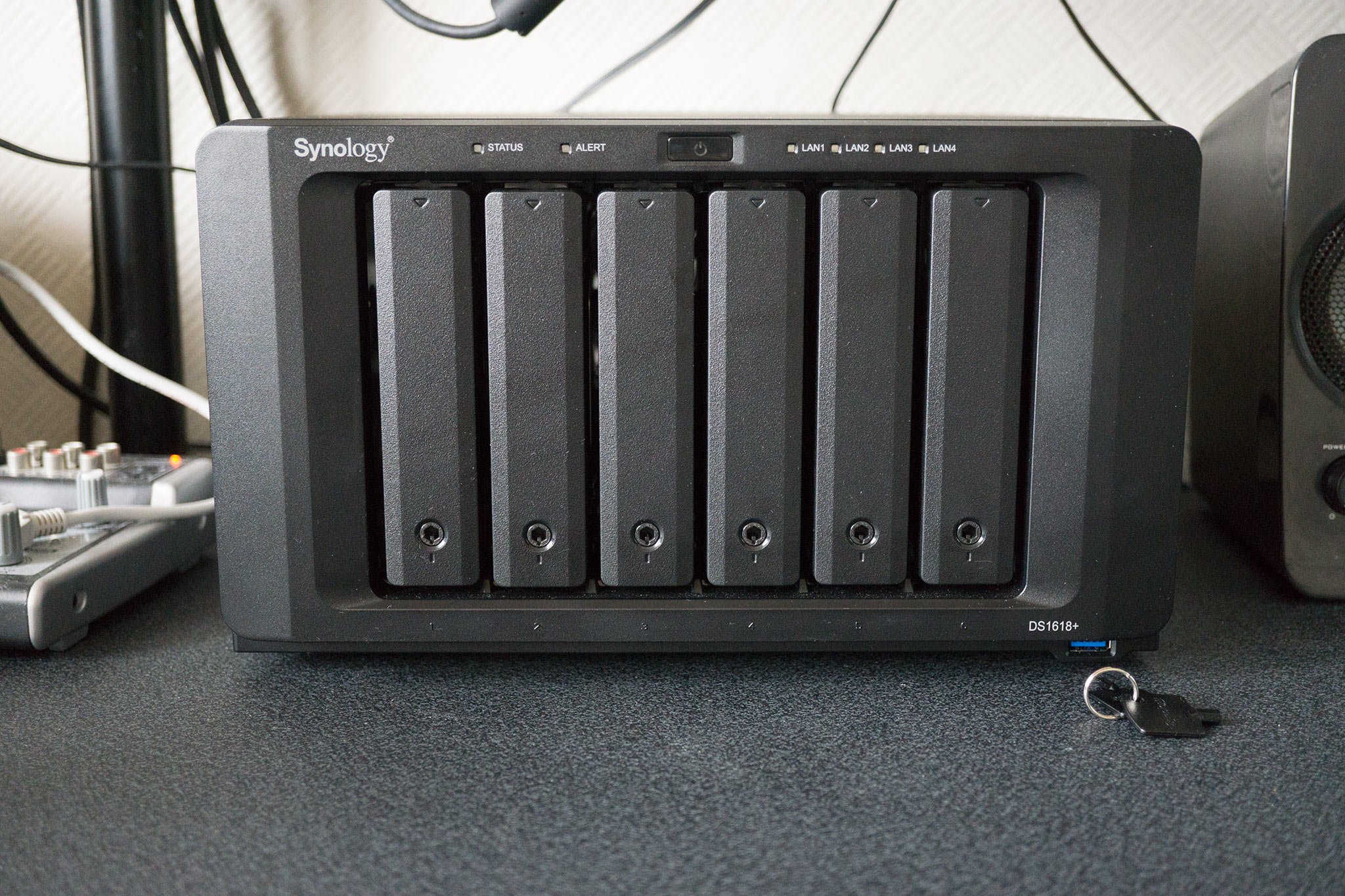Plex allows you to store pictures, movies, music, and more on a single server, which can then be accessed by other devices. Here's what you need to know when choosing a good NAS.
Whether you happen to be working from home due to quarantine enforcement or happen to be looking at setting up your own home media server, Plex is a great way to go. This service allows you to configure a single location to host and stream all your music, movies, shows, and more.
Plex requires a solid server to get the most out of the service, though a capable network-attached storage (NAS) solution will suffice. It's possible to build your own, which is the desired method for those with the know-how. On the other hand, what if you simply wish to purchase a product, plug everything in and get going? There are some solutions available from various companies, but not all are suitable for Plex, which can be fairly resource-intensive.
Plex recommends several NAS devices, including the following brands (find an example product linked with each listing):
One thing worth noting before you part with hard-earned cash is the less you fork out for a NAS, the more likely the system will not be able to effectively transcode and stream content to other devices. This depends on the device you wish to enjoy content on. Should a tablet or phone require some assistance from your server for playback, and it's not quite up to the task of handling the intensive request, things may not go smoothly.
What you need to transcode 4K media on Plex
So how does one guarantee high performance for transcoding with Plex? Take a good look at the CPU deployed by companies in the NAS devices you're considering. There's a fantastic NAS guide for Plex, which shows just how well each supported NAS system will perform. Does it support 720p, 1080p, or 4K transcoding? You'll be able to easily check using the following resource.
How to pick the best NAS for Plex

Not all NAS models and processors will run Plex the same. More affordable NAS models with less powerful processors will fall behind more expensive NAS servers with beefier internals for 4K streaming and multiple connections being made simultaneously.
Generally speaking, you'll want to go with an Intel-powered NAS for optimal performance, but a high-end ARM processor can do well if you don't have the spare funds to part with for a more expensive solution. For storage and other features, you'll need to make sure the NAS has everything you require, and this will differ on a case by case basis.
4K transcoding will not be possible with anything less than an Intel Core i3 processor, which itself can struggle to keep up with larger files, especially when more than one Plex account is streaming media simultaneously. If you want to handle 4K transcoding, it's better to build your own NAS or put aside thousands to fund a high-end pre-built NAS server.
Transcoding occurs when the NAS cannot stream a movie file to a device because it doesn't support the format, which can happen more frequently with smart TVs. The server would then need to transcode the movie into a format that is accepted by the recipient device. So if the device you need to watch a 4K movie on happily runs the formats you have stored on the NAS, you're golden — it's only when you need to transcode that you would need a powerful CPU.
Our NAS for Plex recommendations
Here are a few examples that will be able to handle the transcoding of 1080p content — with the QNAP TVS-682 somewhat capable of 4K — to get you started on the right path.
Best Plex NAS
QNAP TVS-682

A great NAS for Plex.
A pricey NAS but well worth it if you need four bays, an Intel processor, and excellent software support.
This is an expensive option, but well worth the investment for those who are serious about setting up a capable NAS machine that will be able to handle various applications without issue. There's a ton of functionality, with support for 4K playback, 1080p transcoding, and even on-the-fly editing.
There are also four 10Gb Ethernet ports for faster speeds (backed by a supported network), with full support for VMware, Citrix, and Microsoft Hyper-V virtualization platforms. When it comes to security, QNAP hasn't cut corners and offers full NAS encryption, as well as an antivirus.
An Intel Core-i3 (3.7GHz dual-core) processor is joined by 8GB RAM (upgradable to 32GB), and HDMI out with XBMC. Overall, this unit is not only good at being a Plex server but is also a killer NAS unit with a total of eight bays — four 3.5-inch bays, two 2.5-inch bays, and two M.2 slots.
Great Value
Synology DS218+

Powerful and budget-friendly.
For when you need to stream some content to devices and need an Intel-powered NAS.
You don't have to fork out countless hundreds for a 4K-capable NAS. The DS218+ is a reliable option, sporting a dual-core Intel Celeron J3355 CPU, 2GB DDR3 RAM (supports up to 6GB), and a Gb Ethernet connection. This processor will handle 1080p transcoding without issue, allowing you to build the foundations of a great home media server.
When it comes to Plex and enjoying some content, the DS218+ is capable of handling up to 4K H.264, as well as outputting it to a capable display, though we'd recommend only keeping 1080p in mind for transcoding. Just make sure the recipient device supports the same format as the 4K movie, and you'll be fine.
Budget-friendly
Synology DS218play

Compact and great value.
This NAS has everything you need to get started in the market without spending too much time or money.
Powered by a quad-core Realtek RTD1296 processor, the Synology DS218play may be an affordable listing for NAS solutions, but don't let that excellent price tag fool you into thinking it's not a capable unit. We're talking 4K Ultra HD video playback (30 frames per second) and H.265 (HEVC) support. This allows for quality content to be pumped out to an accompanying TV set.
What sets the DS218Ppay aside is just how easy it is to set up and configure. If you need to install Plex, copy movies across, connect to an Xbox One console, and other in-home devices, it takes no time at all. Whether you want to throw music, video or photos at the Synology unit, it'll handle everything without issue.
Just don't even think about transcoding 4K.




0 comments:
Post a Comment